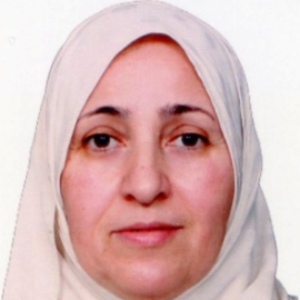Title : Application of a formulation based on a bio polymer as an acaricide against the parasite (Varroa) of the domestic bee Apis mellifera
Abstract:
Bio-pesticides from bimolecular are characterized by their degradability in the environment, their low toxicity to humans and their mode of action on pests. One of the most damaging pests is probably the Varroa destructor, parasitic mite of the honey bee Apis mellifera, it causes significant economic losses and is one of the causes that devastates the bee population in Algeria and in the world. Several therapeutic trials have been conducted to combat this parasite. However some commercially available synthetic chemicals have proved ineffective over time due to the development of mite resistance and toxicity to the bee. The use of new non-toxic and biodegradable molecules in the treatment of varroasis is essential. It is in this context that an in vivo therapeutic trial was tested for a period of a few days as a means of biological control based on a bio-polymer (chitosan) extracted from a marine biomass (shrimp shell). Prepared in weak organic acid in gel form at a lethal dose of 1.5% (w / v). This gel was deposited in the hive in the same manner of another synthetic product (Amihraze) usually used by Algerian beekeepers. The results showed that the product administered in the hives has a mortality rate greater than 80% with a total safety towards the bee (0% mortality and no behavioral disturbance) in comparison with the treatment based on an acaricide synthesis (Amitraze) showing 85% mortality followed by a 1/3 loss of the bee colony. Our study showed that chitosan treatment is more effective than amithraze treatment in reducing the parasite population inside the apiary.



